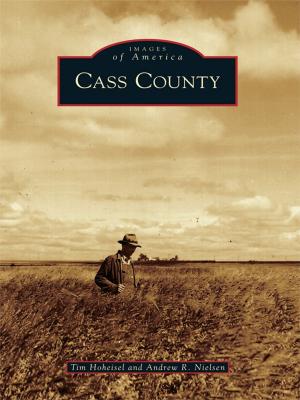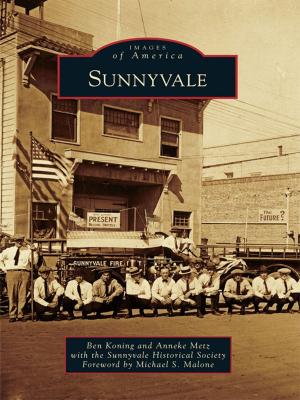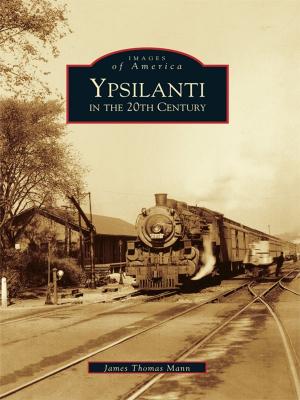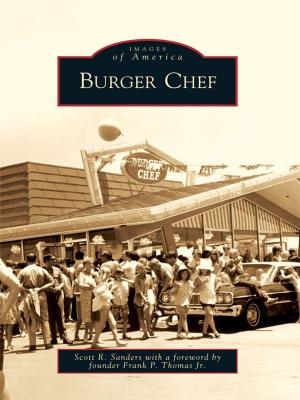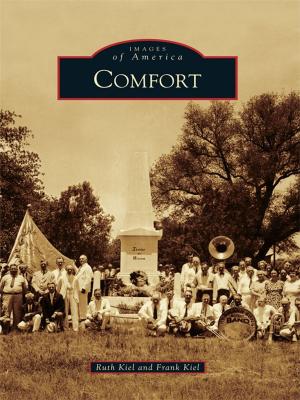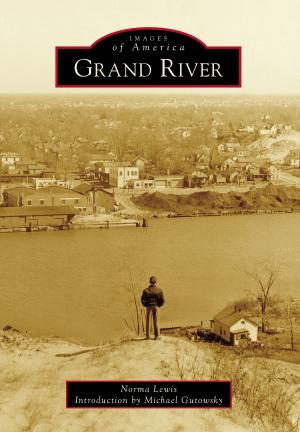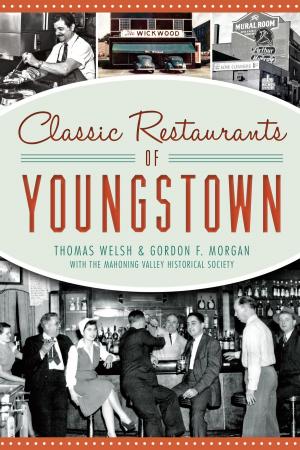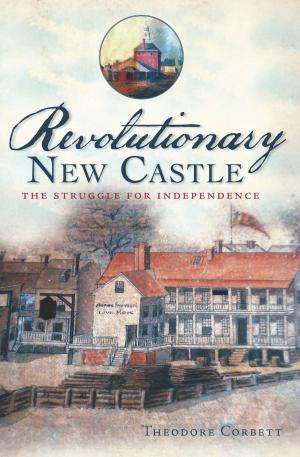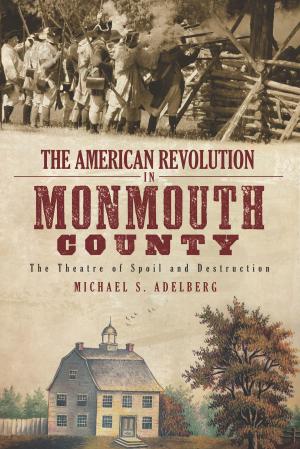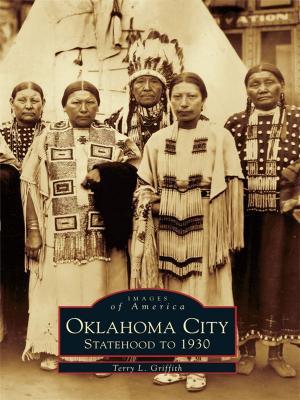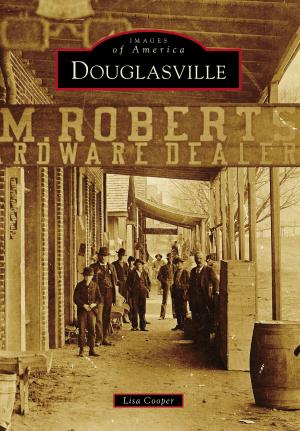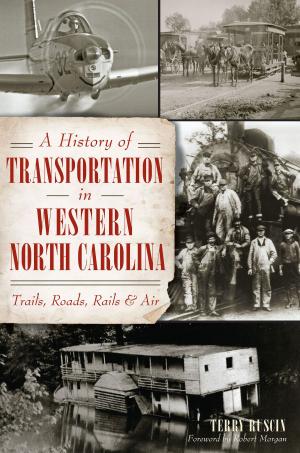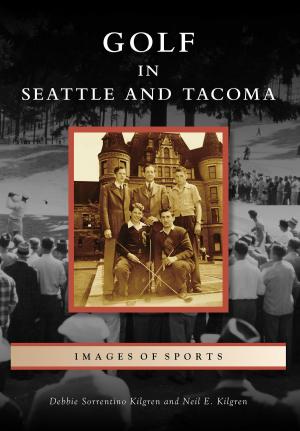| Author: | Joseph Pavlansky | ISBN: | 9781439657171 |
| Publisher: | Arcadia Publishing Inc. | Publication: | August 22, 2016 |
| Imprint: | Arcadia Publishing | Language: | English |
| Author: | Joseph Pavlansky |
| ISBN: | 9781439657171 |
| Publisher: | Arcadia Publishing Inc. |
| Publication: | August 22, 2016 |
| Imprint: | Arcadia Publishing |
| Language: | English |
Shaped from the rough farmlands and hills of northeast Ohio and forged from the blood, sweat, and tears of the steel mill workers, the city of Campbell (formerly Coitsville Township and later East Youngstown) had a humble start. With the turn of the 20th century, it was thrust into an economic growth that rivaled the biggest cities in the United States. Measuring only 3.74 square miles, some said Campbell brought in enough revenue that the streets could be lined with gold. The Youngstown Sheet & Tube Company Campbell Works formed in 1900 and brought with it the need for more workers. As immigrants from the surrounding areas came for employment, their families joined them from Europe. Within a few years, Campbell became a culturally diverse city that fed on the revenue from the steel mill and its socioeconomic by-products.
Shaped from the rough farmlands and hills of northeast Ohio and forged from the blood, sweat, and tears of the steel mill workers, the city of Campbell (formerly Coitsville Township and later East Youngstown) had a humble start. With the turn of the 20th century, it was thrust into an economic growth that rivaled the biggest cities in the United States. Measuring only 3.74 square miles, some said Campbell brought in enough revenue that the streets could be lined with gold. The Youngstown Sheet & Tube Company Campbell Works formed in 1900 and brought with it the need for more workers. As immigrants from the surrounding areas came for employment, their families joined them from Europe. Within a few years, Campbell became a culturally diverse city that fed on the revenue from the steel mill and its socioeconomic by-products.

